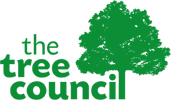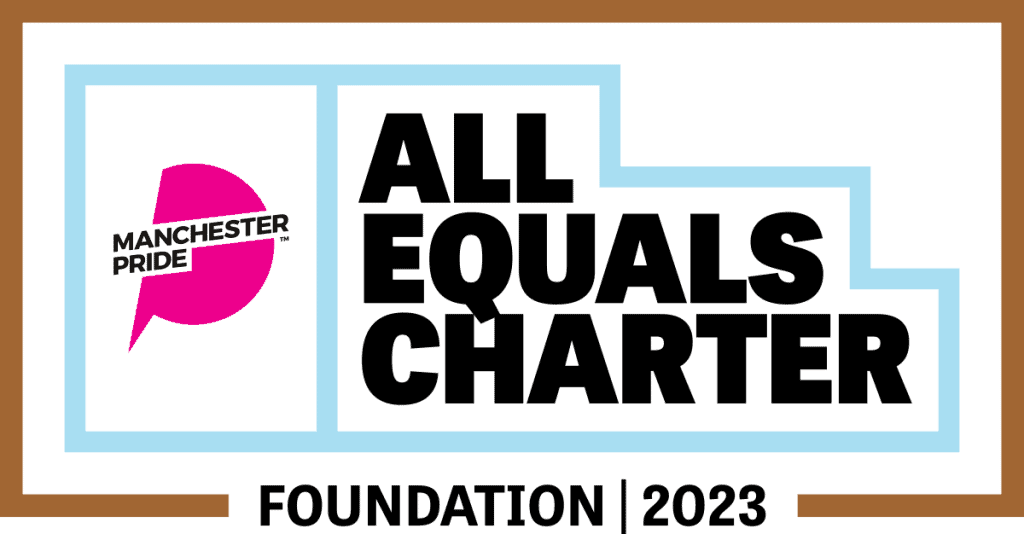Grants are available for community groups, charities, community interest companies, schools, and other organisations to support tree-planting projects across the United Kingdom. The Community Tree Planting Fund is delivered by Tree Council in partnership with Network Rail.
The following award categories are available:
- Main grants for projects between £2,500 and £5,000.
- Large grants for projects between £5,000 and £10,000.
- Flagship grants for projects between £10,000 and £15,000.
Flagship Grants will be awarded in limited numbers to projects that deliver a significant impact across the Tree Council’s programme priorities.
The following can apply:
- Schools.
- Further education colleges and universities.
- Constituted community groups.
- Tenant and resident associations.
- Childcare nurseries or care homes (charity or community funded).
- Parish/town/community councils.
- Tree warden networks.
- Community interest companies that are limited by guarantee.
- Registered charities (smaller local charities will be given preference).
- County/borough/district councils or unitary authorities.
Groups must have a bank account registered in the name of the organisation.
Funding is for planting schemes that address this round’s theme of ‘Trees and People’.
The funding priorities include:
- Projects with strong community involvement in their design and delivery.
- The involvement of community volunteers in planting.
- Projects located close to communities: villages, towns, cities, urban areas, close to public spaces, or public rights of way.
- Projects that demonstrate robust establishment and aftercare plans to give trees the best chance of successful establishment.
- Projects located in the Southern, North West, Central, and Eastern Network Rail Regions.
- Projects that will achieve a biodiversity net gain on completion.
- Proposals from partnerships or consortiums.
- Projects involving the younger generation that demonstrate an element of training, skills development, or enterprise.
- River/riparian-themed projects, including flood prevention or SUDS in urban communities.
The types of trees that will be funded include:
- Trees: Bare root, UK sources and grown native trees of an appropriate size for the projects (preference will be given to younger trees that will establish better although trees up to ‘standard’ size will be funded. Preference will be given to schemes that have a combination of standards and hedging, rather than standards alone.
- Hedging: UK-sourced and grown, bare-root whips (saplings) and cell-grown (root trainer) stock for hedging projects (40 to 120cm in height).
- Hedgerow trees: trees planted in Hedgerows that are allowed to develop to full size.
- Orchards: fruit trees on semi-vigorous, vigorous, or very vigorous rootstocks.
The following trees may be considered for funding:
- Non-native varieties, if appropriate to the setting.
- Non-native varieties and species that are chosen to consider climate change adaption and resilience.
- Fruit trees on dwarfing rootstock if the setting is appropriate (such as nursery/schools etc).
- Dwarfing or semi-dwarfing rootstock if the project includes propagating and grafting its own trees.
- Trees in containers/raised beds.
The following establishment aids will be funded:
- Cardboard/biopic tree/hedge guards.
- Non-plastic ties.
- Stakes (coppiced material such as chestnut or hazel is preferred although machined softwood will also be considered.
- Mulch.
- Non-peat-based soil improvers if needed.
The following establishment aids may be considered:
- More robust and costly guards if the setting justifies it, such as near sports fields or street trees.
- Fencing, if it is needed and cost-effective.
- Other project resources that support tree establishment, such as irrigation equipment like watering cans/irrigation aids, and PPE.
- Machinery hire for larger projects (where appropriate).
How To Apply
Applications are currently being accepted for the 2024/25 planting season.
Groups should email the Tree Council for more information on how to apply.





